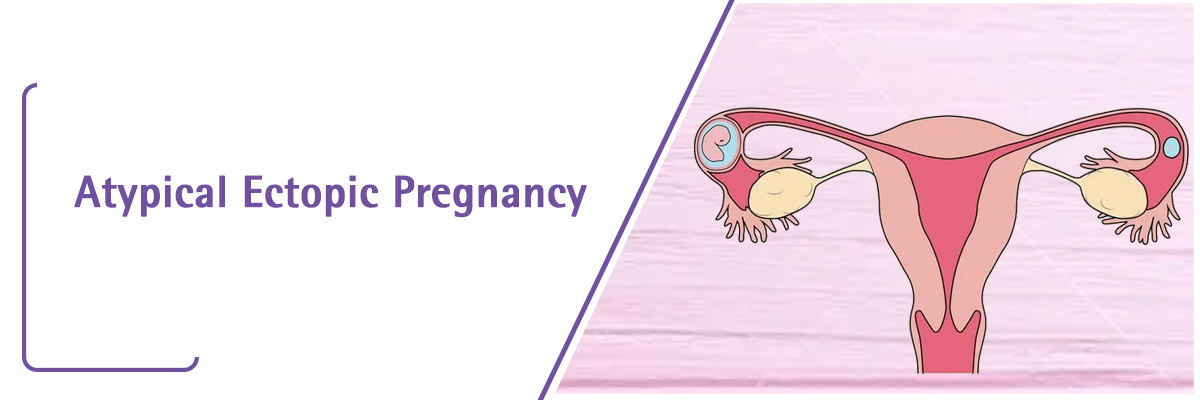
 IJCP Editorial Team
IJCP Editorial Team
Atypical Ectopic Pregnancy
A 36-year-old lady, gravida 5, para 2 complained of a severe upper abdominal pain over the past day. The patient also reported acute diarrhea.
She had endured two miscarriages in the past along with an elective abortion. She did not have any sexually transmitted diseases.
Her latest miscarriage had occurred 9 days before at eight weeks’ gestation. Her ultrasound at this time had shown no free fluid or adnexal masses. A complete abortion was confirmed. Vaginal bleeding stopped within a day or two; thereafter, she had no symptoms until the current painful episode.
On clinical examination, the lady was pale and afebrile. Her blood pressure was low – 94/59 mm of Hg. Her abdomen was soft with mild epigastric tenderness, and without lower abdominal tenderness and peritoneal signs. After 1 L of normal saline infusion her blood pressure increased to 110/88 mm Hg. The pain subsided without analgesics.
However, after two hours, her abdominal pain became worse. At this stage, physical examination elicited a very tender upper abdomen without peritonitis. Her pregnancy test came positive.
Through culdocentesis, a leaking ectopic pregnancy could be diagnosed. The patient also showed signs of imminent rupture. Aggressive fluid resuscitation, followed by an emergency laparotomy were conducted; a right salpingectomy was performed and a paratubal pregnancy and 1.5 L of blood were removed.
Postoperatively, the patient developed anemia and required blood transfusion. She eventually became stable after five days and was discharged.
Culdocentesis is a useful procedure to ascertain intraperitoneal hemorrhage.

IJCP Editorial Team
Comprising seasoned professionals and experts from the medical field, the IJCP editorial team is dedicated to delivering timely and accurate content and thriving to provide attention-grabbing information for the readers. What sets them apart are their diverse expertise, spanning academia, research, and clinical practice, and their dedication to upholding the highest standards of quality and integrity. With a wealth of experience and a commitment to excellence, the IJCP editorial team strives to provide valuable perspectives, the latest trends, and in-depth analyses across various medical domains, all in a way that keeps you interested and engaged.





















Please login to comment on this article